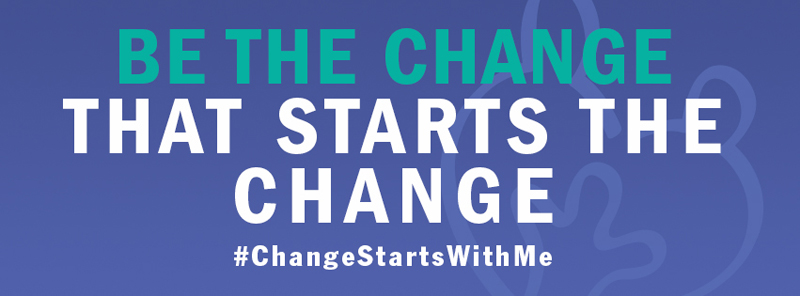Family Centre Series: “Look In The Mirror”
[Written by Family Centre’s Director of Services, Dr. Sandy DeSilva and guest author, Pete Saunders]
This week, in Family Centre’s “Change Starts With Me” campaign, we are discussing the need for parents to look deep within themselves and ask critical self-reflection questions that will inform the changes they may need to make for healthier parenting.
Below are three self-reflection questions parents can ask themselves proposed by Family Centre guest author, Pete Saunders.
1. Ask yourself: who am i committed to being right now – judger/punisher or learner/forgiver parent?
Who you choose to be with your children affects the outcome you co-create in the short-term, and the quality of your relationship in the long-term. You always have the option, in any situation, to pause and choose. Judger/punisher parents usually make demands, are not open to listening, react to circumstances based on feelings, and act first then ask questions later. Learner/forgiver parents usually make requests and offers, are good listeners – open to understanding before being understood, choose and respond based on facts and larger commitments, and ask more questions before acting. The good thing is that even if you start off as judger/ punisher, you can still switch to learner/forgiver by asking the question – who am I committed to being right now – a judger/punisher or a learner/forgiver parent?
2. Ask yourself: what assumptions, or beliefs, am i making, or holding, right now about this situation or behavior?
Much of what we do, or do not do, we learned from our parents and past experiences. Although our parents’ parenting style and our past experiences can serve us, parenting and relationship-building takes place in the present. Parenting in the present requires always examining our assumptions and beliefs, and trusting ourselves to choose in the moment what is the best response to the situation. An important question you can ask yourself is, “How else can I think about this situation, or my child’s behavior?”
3. Ask yourself: what is my child’s essence, and what are his/her strengths?
Who is your child being when you’re thinking, “I wish he/she could be like this all the time?” This is the core of who your child is, their Essence, or authentic identity is who he truly is. The opportunity for us as parents is to always relate to our children’s Essence, not their behaviors. Do this and you’ll be amazed at the transformation in yourself and in them. In doing this, you will also be more open to recognizing and building on their strengths rather than on what seem to be faults.
As parents we always want the very best for our children. The challenge is that sometimes our intentions and what’s really in our hearts for them gets bogged down by life’s everyday stressors. So take time to look in the mirror and ask what you can change today that will lead to healthier parenting.
Read More About
Category: All




Great series Family Centre!!
Artist Sharon Wilson and I have often discussed the idea of having a radio talk show for parents to call in with positive suggestions on how to handle difficult situations – but only constructive suggestions.
Alternatively to have a series of people to interview who’ve failed and managed to turn it around.
I also think family conferencing – family meetings using the restorative practices model to create support systems to encourage families as is done in so many countries.
Keep it up.